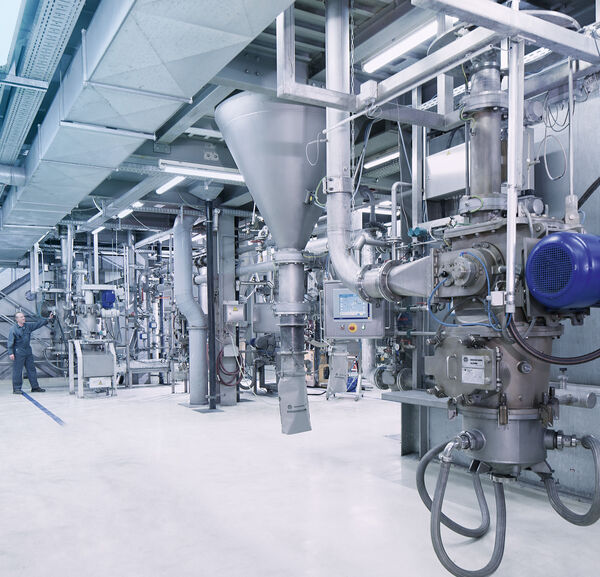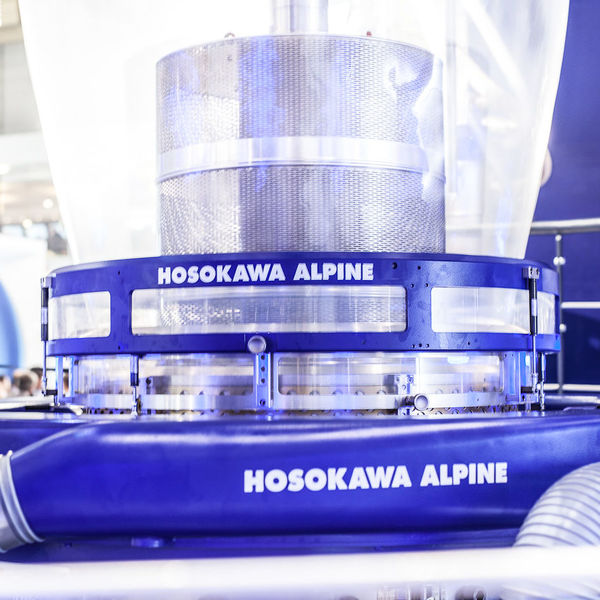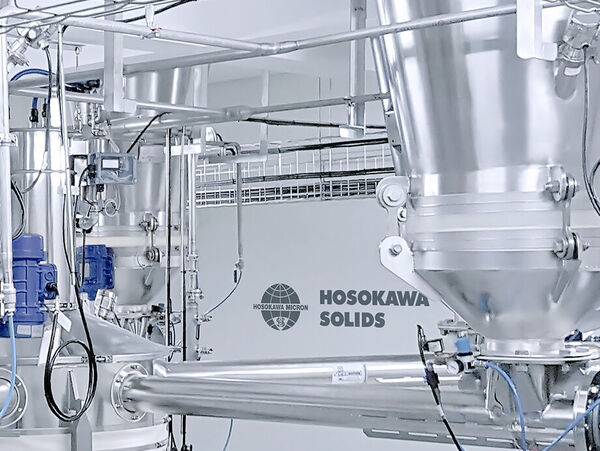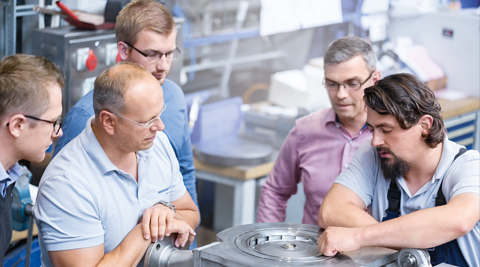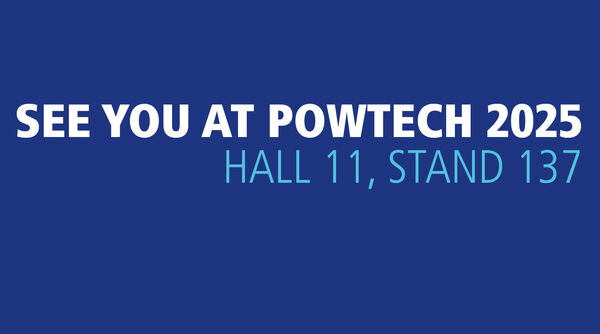
For Powder & Particle Processing
Spares & Repairs
Process Management
Remote Service
Safety Check
Find out more
For your blown film line
Spares & Repairs
Cleaning of die Heads
Remote-Service/eSupport
Find out more
Hosokawa Solids at Hosokawa Alpine
Your bulk solids. Our solution.Pneumatic conveying, weighing and metering technology as well as complete silo systems: Since 2020, Hosokawa Solids and its components and systems have been part of the Hosokawa Alpine Group. Now you can also find the complete range of Hosokawa Solids on our website.
